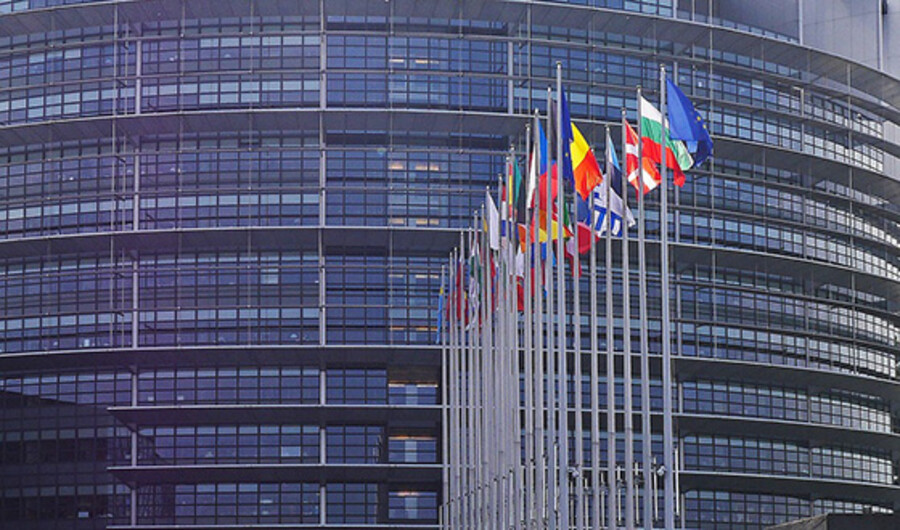
Max Pixel
Another Step Toward a ‘Two-Speed’ Europe
A growing number of European Union leaders are calling for a “two-speed” Europe. Such a plan would give pro-integration European nations the power to more quickly form a strong, unified core. Other European nations that are more concerned about preserving their sovereignty would integrate more slowly and less fully.
German Chancellor Angela Merkel has already thrown her support behind such an approach to European integration. At an EU summit in Malta on February 3, she said, “The history of recent years has shown that there will be a multispeed EU, and not all members will participate in the same steps of integration.” The leaders of France, Belgium, the Netherlands and Luxembourg have also voiced support for two-speed European unification, along with European Commission President Jean-Claude Juncker.
On February 23, Juncker stated, “This is no longer a time when we can imagine everyone doing the same thing together .… Should it not be that those who want to go forward more rapidly can do so without bothering the others …?”
In preparation for the EU’s special March 25 summit in Rome, Juncker presented a new white paper to help EU leaders map out the future of the Union. The March 1 paper lays out five possible paths the EU may decide to take. But as the Telegraph’s Juliet Samuel wrote on March 5, “[T]here is clearly a coordinated effort to swing behind one of them, labeled ‘scenario three’ in the paper.”
German-Foreign-Policy.com wrote on March 2 that adopting scenario three will mean:
[C]ertain groups of countries forge ahead with intensive cooperation in particular fields of politics leaving others two or three steps behind. This scenario permits the creation of multinational armed forces in Europe, in spite of persistent resistance from several EU member states. This is why Berlin favors it as a solution. … “Scenario 3″ stipulates that several “coalitions of the willing” will use the option provided by the Treaty of Lisbon allowing “permanent structured cooperation,” for example in the domains of domestic repression or closer collaboration in foreign and military policy. On the basis of a significantly conflated arms industry, the EU could extend the tentacles of its power much further into the world as has been the case until now.
Samuel drew attention to how radical this policy would be by EU standards:
At its heart, “two-speed Europe” admits something that eurocrats have, until now, always denied: Different European countries want different futures .…
If this model is adopted, pro-EU countries will move forwards with integration—common defense policies, border controls and single fiscal, labor and tax policies—but won’t force everyone else to join them.
As Europe’s core tries to form itself into a superstate, these outsider countries will look for a new model for their relationship with the euro-using federalist countries.
German-Foriegn-Policy.com noted that scenario three will also allow Europe to move forward much more quickly on creating some form of combined military. It noted that increased application of “coalitions of the willing” will help break resistance against multinational militaries.
What Samuel discussed is what the Trumpet has been forecasting for years. There are currently 27 EU member states, but we expect a European superpower to emerge that consists of only “10 kings.”
“There’s going to be a core group of nations,” Trumpet editor in chief Gerald Flurry said in a 2010 Key of David television program. “Europe is going to have more power and not less, only it’s going to be considerably smaller. You watch and see if that doesn’t happen, because your Bible says it has to! There’s going to be 10 kings there, not 27, as there are 27 nations today in that European Union.”
Now European leaders are talking seriously about stripping the Union down to a smaller yet more solid core. Keep an eye open for what happens on March 25 in Rome. To see how this “multispeed” alliance will ultimately lead to a 10-nation European superpower—and how the Bible specifically forecasts this—read “Europe’s Coming Big Ten.” ▪
